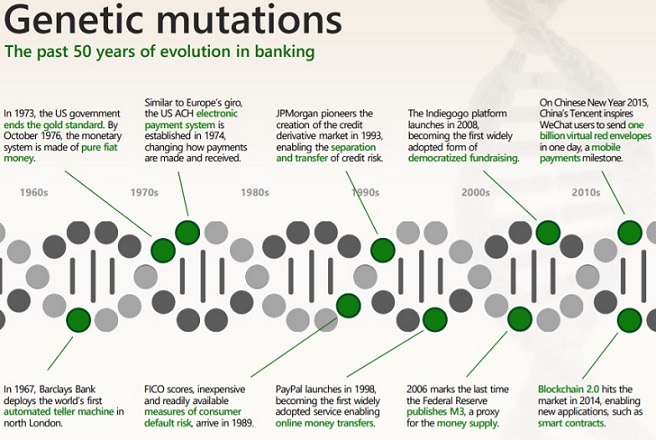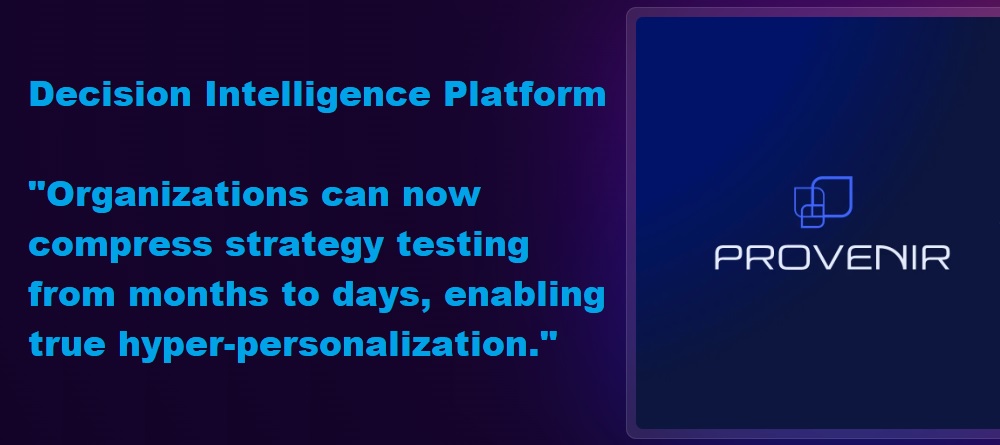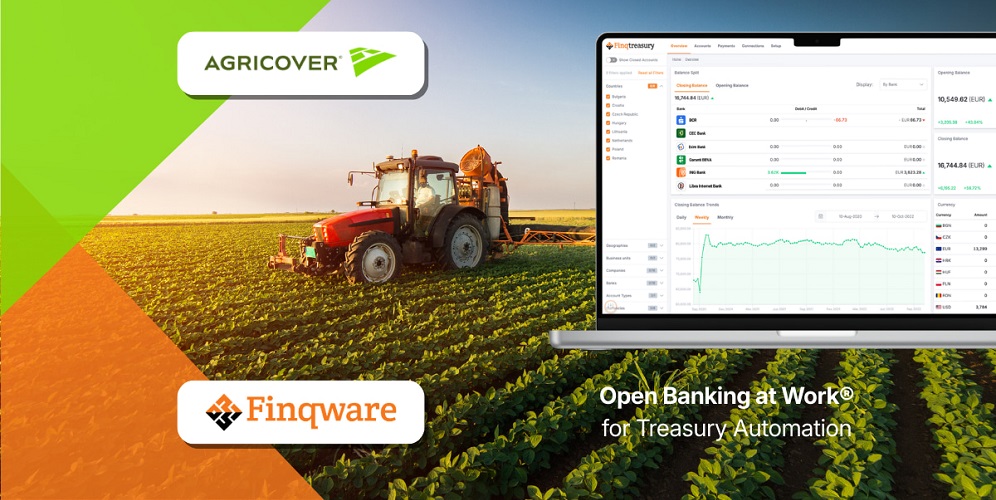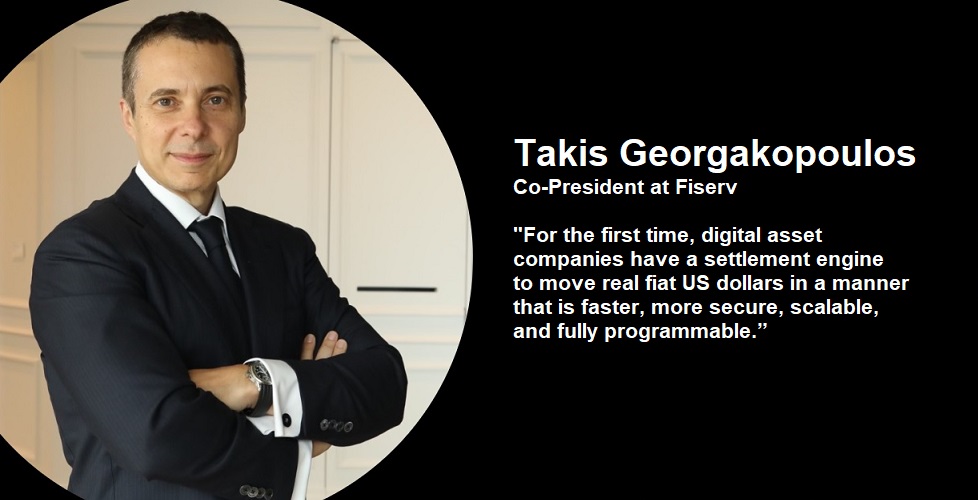Microsoft: three visions scenarios for the future of banking

„Trust is the new currency when it comes to digital technology”, Satya Nadella CEO, Microsoft.
„Digital transformation … is not about writing a better application; it is about fundamentally rewriting your company.” Aaron Levie, the CEO of Box, the Cloud Content Management company that empowers enterprises to revolutionize how they work by securely connecting their people, information and applications.
Like the growth of a sturdy tree, it takes time to cultivate a profitable customer relationship and establish a business model that can weather the elements. Understanding customer motivations and needs, crafting a resilient business model, and continuing to deliver value in a radically different landscape are essential to success for financial institutions, no matter which way the wind blows in the future.
And what does the future hold?
With respect to these ambitions at a time of accelerating change in the industry, consider the potential implications of these three interrelated visions of tomorrow.
Vision one – Ubiquity
As the boundaries between industries fade, banking services are distributed across markets, leading to a more pervasive role for financial institutions. Far more than simply partners, banks of the future actively embed their services within commercial and institutional clients and perform essential functions unbound by the branch’s four walls.
In this vision, banks’ primary focus will be on modularity and agility: the financial services they offer to customers are plug-and-play, seamlessly integrating themselves into more value chains. Combined with secure cloud solutions and advanced data analytics, banks can deliver highly tailored and profitable outcomes to the end customer.
Vision two – Centrality
An open banking platform both spurs innovation and fundamentally changes the relationship between fintechs and banks. No longer just competitors or partners, fintechs become paying customers by a combination of paid API calls and subscription service revenue. New entities like ClearBank, an innovative clearing bank in the UK based entirely on the cloud and offering an open-standards connection API, are showing the way to a future of distributed, hyper-efficient core banking services.
In this context, commoditization becomes a virtue: low-value offerings and tasks are completed via automation, predictive analytics, and AI. Financial institutions now focus on the high-value opportunities and maximizing the core competencies of banking. The shift to a platform-based business model creates a self-reinforcing ecosystem around the bank while creating new monetization opportunities using intelligence, security, and compliance, and acting as a trusted intermediary.
Vision three – Nodality
The move towards an empowered, self-service model has reached its logical end-point: customers now perform many of the traditional functions of a bank (those that have yet to be automated), and in some cases function as a bank themselves. In this scenario, the value remains with the customer. Financial institutions provide the necessary infrastructure and serve as trusted nodes connecting individuals and small groups in a global network of “micro-banks.”
Powered by blockchain, these new entities lend, trade, and finance ventures at small scale or aggregate resources in crowds to meet larger-scale financial objectives. Financial institutions profit through subscription-based offers and value-added services, while using the data flowing through their systems to build relationships with their customers, deliver improved service, and uncover new business opportunities.
Follow the link for more details of the Microsoft report: The future banking ecosystem – Evolution and innovation in the digital era
Dariusz Mazurkiewicz – CEO at BLIK Polish Payment Standard
Banking 4.0 – „how was the experience for you”
„To be honest I think that Sinaia, your conference, is much better then Davos.”
Many more interesting quotes in the video below:











